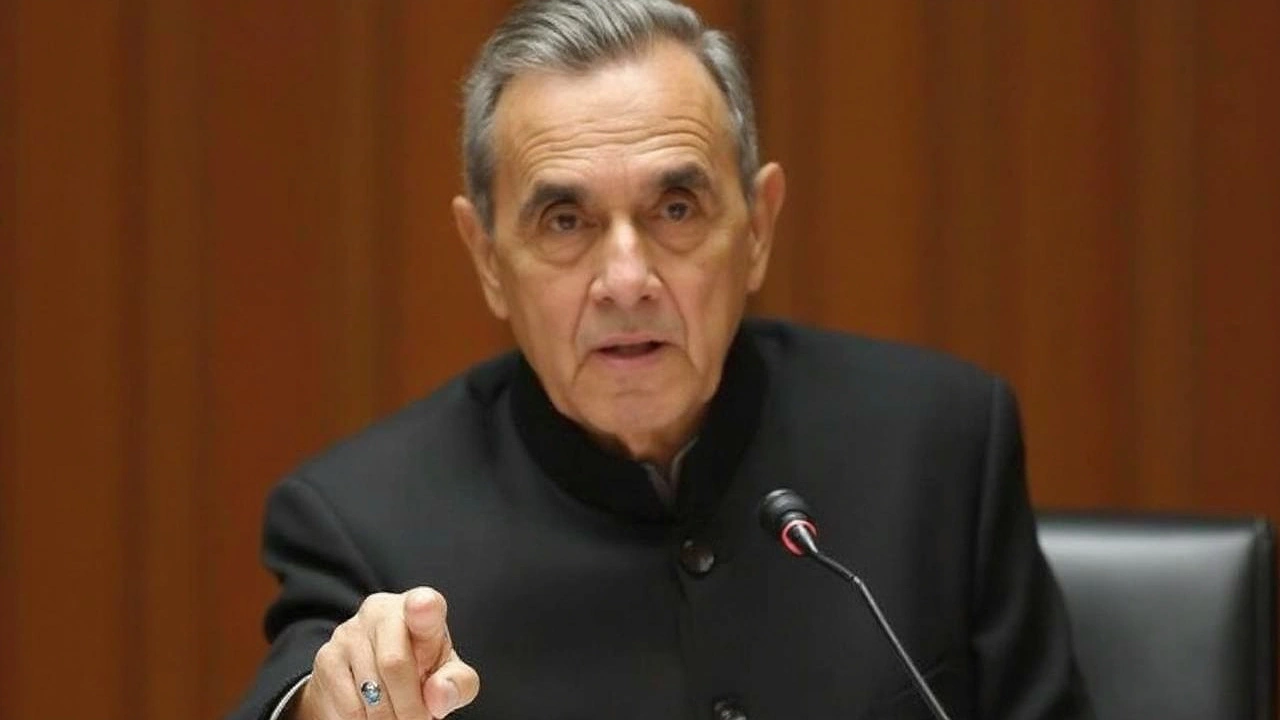What Every Indian Founder Should Know About NDAs
If you’re building a startup, you’ve probably heard the term NDA thrown around a lot. It stands for Non‑Disclosure Agreement, a simple contract that tells people – investors, partners, employees – to keep your ideas, data, and plans private. In India’s bustling startup scene, an NDA can be the difference between protecting a breakthrough and watching it get copied.
When Should You Use an NDA?
Not every conversation needs a legal document. Use an NDA when you’re sharing something that gives you a competitive edge – a new tech prototype, a unique business model, or confidential customer data. If you’re pitching to an investor, have a potential co‑founder on board, or hiring a freelancer to build a feature, an NDA keeps the conversation safe.
On the flip side, you don’t need an NDA for publicly available information or for basic job interviews where the candidate isn’t yet handling sensitive data. Over‑using NDAs can slow down negotiations, so be strategic.
Key Elements of a Strong NDA
1. Definition of Confidential Information – List exactly what’s covered. Vague phrases like “any information” can be challenged in court.
2. Obligations of the Receiving Party – State that they must keep the info secret, use it only for the agreed purpose, and limit access to their own employees.
3. Duration – Most Indian NDAs last 2‑5 years, but you can set a longer period for especially sensitive tech.
4. Exclusions – Clearly mention what’s not considered confidential, such as info already in the public domain or independently developed.
5. Remedies – Include clauses for damages or injunctions if the agreement is broken. Indian courts enforce these if the terms are reasonable.
Keeping these points clear makes the NDA easy to enforce and reduces the chance of misunderstandings during fast‑moving startup talks.
Another practical tip: use a simple template and then tweak the specifics for each deal. A one‑page NDA can be as effective as a ten‑page contract, as long as it hits the core elements.
Finally, remember to get the NDA signed before the first detailed discussion. It’s tempting to skip the paperwork when excitement is high, but a signed document shows professionalism and protects you if things go sideways.
In short, NDAs are a low‑cost, high‑impact tool for any Indian startup. Draft them early, keep them clear, and use them wisely – and you’ll safeguard the ideas that could turn your venture into the next big thing.
Vice President Jagdeep Dhankhar Steps Down Citing Health, NDA Prepares for Successor Election
Jagdeep Dhankhar has stepped down as India's Vice President, citing health reasons, barely three years into his term. His unexpected resignation on the first day of Parliament’s Monsoon Session has set off a flurry of political activity as the NDA gears up to pick a new candidate.
